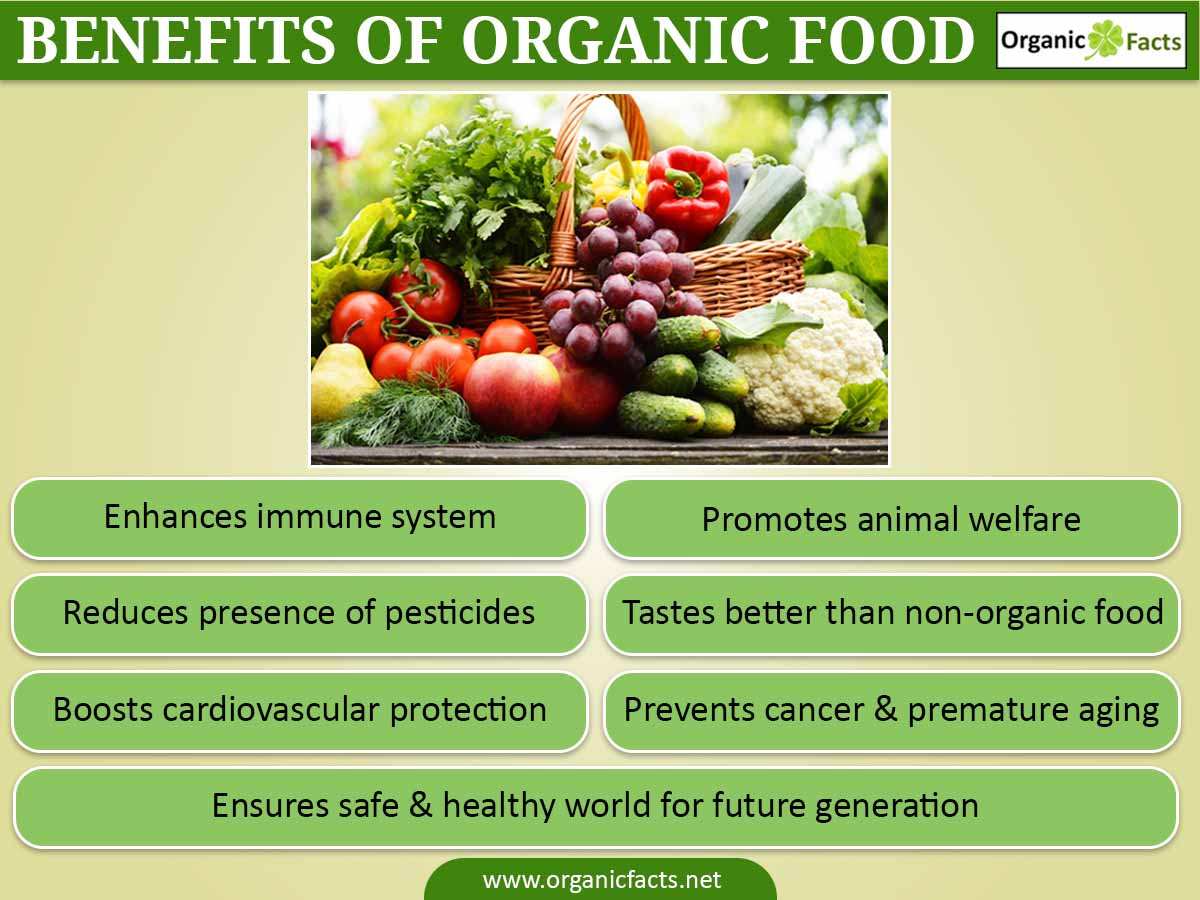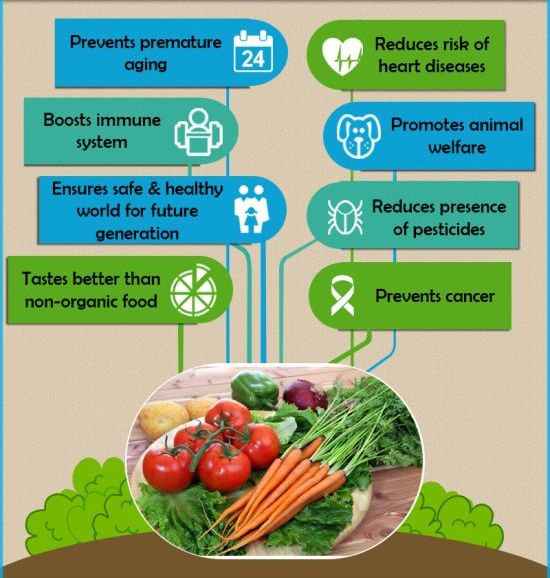“The Abundant Benefits of Embracing Healthy Natural Products
On this special occasion, we are delighted to explore the fascinating topic of The Abundant Benefits of Embracing Healthy Natural Products. Come along as we weave together engaging insights and offer a fresh perspective to our readers.
About Video The Abundant Benefits of Embracing Healthy Natural Products
The Abundant Benefits of Embracing Healthy Natural Products

In a world saturated with synthetic chemicals, processed ingredients, and mass-produced goods, there’s a growing movement towards embracing the power of nature. Healthy natural products, derived from plants, minerals, and other naturally occurring substances, are gaining popularity for their potential to enhance our well-being, protect the environment, and promote a more sustainable lifestyle.
This article delves into the myriad benefits of incorporating healthy natural products into various aspects of our lives, from personal care and nutrition to home cleaning and environmental conservation.
1. Enhanced Nutritional Value: Nourishing the Body from Within
The foundation of a healthy life lies in proper nutrition. Natural foods, such as fruits, vegetables, whole grains, and lean proteins, are packed with essential vitamins, minerals, antioxidants, and fiber that the body needs to function optimally.
-
Rich in Essential Nutrients: Natural foods are unprocessed and unrefined, retaining their natural nutrient content. They provide a wide range of vitamins (A, C, D, E, K, B vitamins), minerals (calcium, iron, potassium, magnesium), and trace elements crucial for various bodily functions.
-
Abundant in Antioxidants: Fruits, vegetables, and herbs are rich in antioxidants, which protect cells from damage caused by free radicals. Antioxidants like vitamin C, vitamin E, beta-carotene, and flavonoids help reduce inflammation, boost immunity, and lower the risk of chronic diseases like heart disease, cancer, and Alzheimer’s.

-
High in Fiber: Whole grains, legumes, fruits, and vegetables are excellent sources of dietary fiber. Fiber promotes healthy digestion, regulates blood sugar levels, lowers cholesterol, and aids in weight management.
Free from Harmful Additives: Natural foods are typically free from artificial colors, flavors, preservatives, and other synthetic additives that can be detrimental to health.
2. Gentle and Effective Skincare: Nurturing the Skin Naturally
The skin, our largest organ, deserves gentle and nourishing care. Natural skincare products, formulated with plant-based ingredients, offer a safe and effective alternative to harsh chemical-laden cosmetics.

-
Reduced Risk of Irritation: Natural skincare products are less likely to contain harsh chemicals, fragrances, and dyes that can irritate sensitive skin. Plant-based ingredients like aloe vera, chamomile, and calendula have soothing and anti-inflammatory properties.
-
Deep Hydration: Natural oils and butters, such as coconut oil, shea butter, and jojoba oil, are excellent emollients that deeply hydrate and moisturize the skin, leaving it soft and supple.
-
Antioxidant Protection: Plant extracts like green tea, grape seed extract, and vitamin C provide antioxidant protection against environmental damage, such as UV radiation and pollution.
-
Sustainable and Ethical: Many natural skincare brands prioritize sustainable sourcing and ethical production practices, minimizing their environmental impact and supporting fair trade.
3. Safe and Effective Home Cleaning: Creating a Healthy Living Environment
Conventional cleaning products often contain harsh chemicals that can pollute indoor air and pose health risks. Natural cleaning products offer a safer and more eco-friendly alternative.
-
Non-Toxic and Biodegradable: Natural cleaning products are typically formulated with plant-based ingredients that are non-toxic and biodegradable, reducing the risk of exposure to harmful chemicals and minimizing environmental pollution.
-
Effective Cleaning Power: Natural cleaning agents like vinegar, baking soda, lemon juice, and essential oils can effectively clean and disinfect surfaces without the need for harsh chemicals.
-
Reduced Allergen Exposure: Natural cleaning products are less likely to contain allergens that can trigger respiratory problems or skin irritations.
-
Pleasant Aromatherapy Benefits: Essential oils used in natural cleaning products can provide aromatherapy benefits, creating a pleasant and calming atmosphere in the home.
4. Environmental Sustainability: Protecting Our Planet
Choosing healthy natural products is not only beneficial for our health but also for the environment.
-
Reduced Chemical Pollution: Natural products are typically made with biodegradable ingredients that break down naturally, reducing chemical pollution in waterways and soil.
-
Sustainable Sourcing: Many natural product companies prioritize sustainable sourcing practices, ensuring that ingredients are harvested responsibly and without harming ecosystems.
-
Reduced Carbon Footprint: Natural products often have a lower carbon footprint compared to conventional products, as they require less energy to produce and transport.
-
Support for Organic Farming: Choosing natural products supports organic farming practices, which promote soil health, biodiversity, and reduced pesticide use.
5. Promoting Animal Welfare: Cruelty-Free Choices
Many natural product companies are committed to animal welfare and ensure that their products are not tested on animals.
-
Cruelty-Free Certification: Look for products with cruelty-free certifications, such as Leaping Bunny or PETA, to ensure that they have not been tested on animals at any stage of production.
-
Vegan Options: Many natural products are vegan, meaning they do not contain any animal-derived ingredients.
-
Ethical Sourcing: Natural product companies often prioritize ethical sourcing practices, ensuring that animals are treated humanely and that their habitats are protected.
6. Supporting Local and Small Businesses:
Choosing natural products often means supporting local and small businesses that are committed to sustainability and ethical practices.
-
Boosting Local Economies: Buying from local businesses helps support local economies and create jobs in the community.
-
Promoting Transparency: Small businesses are often more transparent about their ingredients and production processes, allowing consumers to make informed choices.
-
Supporting Sustainable Practices: Small businesses are often more likely to adopt sustainable practices, such as using eco-friendly packaging and reducing waste.
7. Mental and Emotional Well-being:
The benefits of healthy natural products extend beyond physical health to encompass mental and emotional well-being.
-
Aromatherapy Benefits: Natural essential oils have been shown to have positive effects on mood, stress levels, and cognitive function.
-
Connection to Nature: Using natural products can foster a deeper connection to nature, promoting feelings of peace, relaxation, and gratitude.
-
Mindful Consumption: Choosing natural products encourages mindful consumption, as consumers become more aware of the ingredients they are putting on their bodies and into their homes.
8. Empowerment and Informed Choices:
Embracing healthy natural products empowers consumers to take control of their health and make informed choices about the products they use.
-
Ingredient Awareness: Consumers who choose natural products are more likely to be aware of the ingredients in their products and their potential effects on health.
-
Critical Thinking: Choosing natural products encourages critical thinking about marketing claims and the environmental impact of consumer choices.
-
Personal Empowerment: Taking control of one’s health and environmental impact can lead to feelings of empowerment and increased self-esteem.
Examples of Healthy Natural Products in Different Categories:
- Food: Organic fruits and vegetables, whole grains, legumes, nuts, seeds, lean meats, wild-caught fish.
- Skincare: Aloe vera gel, coconut oil, shea butter, jojoba oil, essential oils (lavender, tea tree, chamomile), plant-based cleansers and moisturizers.
- Home Cleaning: Vinegar, baking soda, lemon juice, essential oils (tea tree, eucalyptus, lemon), plant-based detergents.
- Personal Care: Natural toothpaste, deodorant, shampoo, conditioner made with plant-based ingredients.
Making the Switch: A Gradual Approach
Transitioning to healthy natural products doesn’t have to be an all-or-nothing endeavor. Start by making small, gradual changes, such as swapping out one conventional product for a natural alternative each month.
- Read Labels Carefully: Pay attention to ingredient lists and choose products with natural and recognizable ingredients.
- Do Your Research: Research brands and products to ensure they align with your values and health goals.
- Start Small: Begin by replacing one or two products at a time to avoid feeling overwhelmed.
- DIY Options: Explore DIY recipes for natural cleaning and personal care products to save money and customize your products.
Conclusion:
Embracing healthy natural products is a holistic approach to well-being that benefits our bodies, our planet, and our communities. By choosing natural alternatives, we can nourish our bodies with essential nutrients, protect our skin with gentle and effective ingredients, create a healthy living environment, and support sustainable practices that protect our planet for future generations. As we become more mindful of the products we use, we empower ourselves to make informed choices that promote health, sustainability, and a deeper connection to the natural world.


